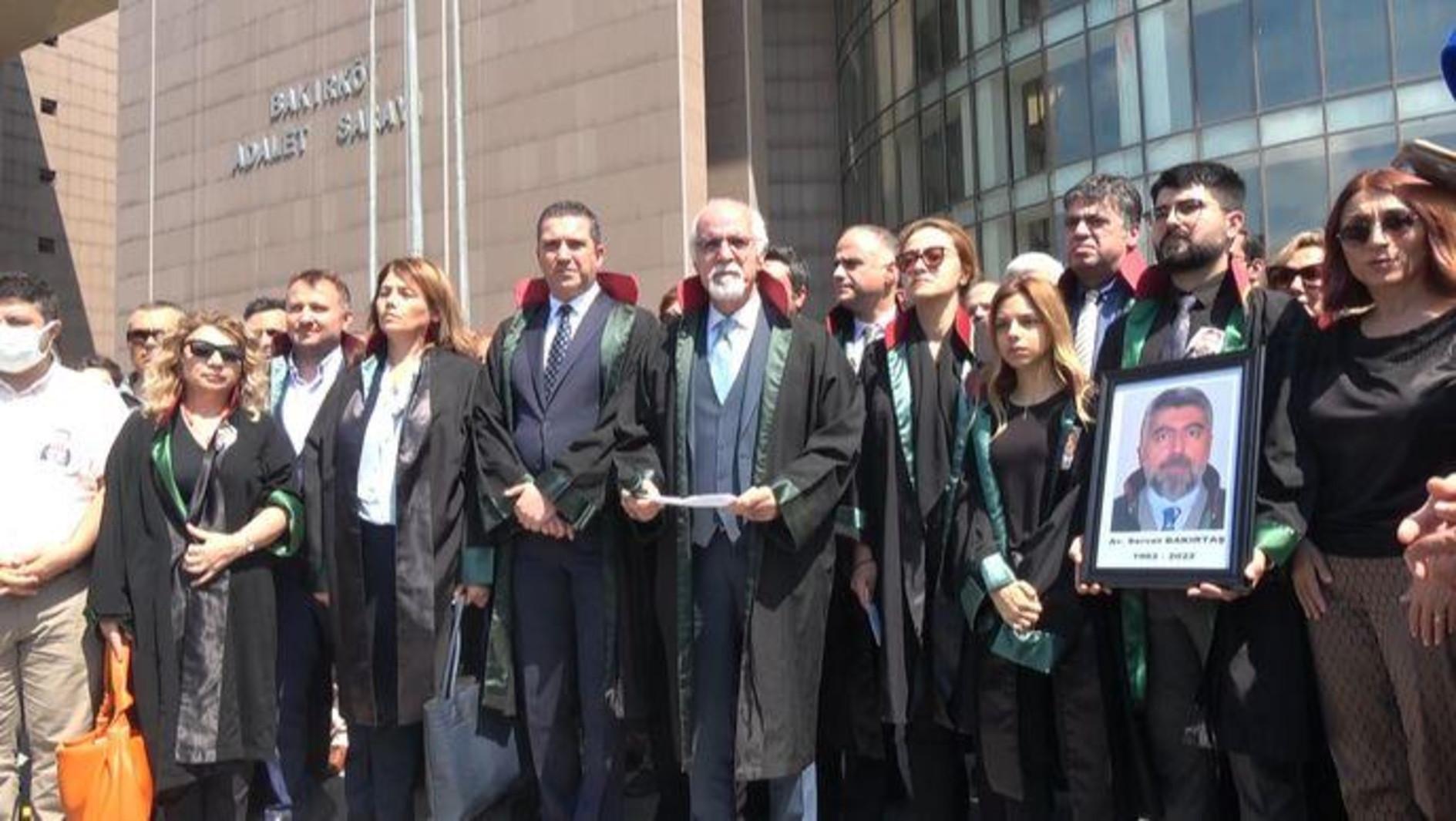Which Islam?
The resentment of Mehmet Görmez, the head of Turkey’s Religious Affairs Directorate (Diyanet), to the filth he saw in Mecca is very important.
This is a problem of being less developed. It is not about being Muslim, or whether or not one is in a slum or a holy place like Mecca. The Islamic world’s most important problem is not imperialist agents; but rather this problem of underdevelopment.
“The wealthy sections of the Islamic world do not come to Mecca for the Hajj. Those who are coming are either poor or from middle-income sections. Around 50,000 are staying in luxury hotels,” said Professor Görmez.
This is clearly a class analysis and it reflects the truth.
From Asia to Africa
The Prophet Muhammad addressed 120,000 people in his farewell Hajj. Today, the global Muslim population is roughly 1.5 billion. Each year at least two million people go on the Hajj, and most are from Asia and Africa. We can see the reflection of this geography in Görmez’s statements:
“Social scientists across the world should come to the holy lands and talk to the people who came for the Hajj in order to analyze the Islamic world. It is a place where we can see our goodness, as well as our shortcomings and all sorts of poverty within Islam.”
Shouldn’t the Islamists first and foremost think about why this is so?
Why is it so?
Really, why do the members of a religion that says “faith comes from being clean” and that gives a lot of importance to keeping your body, mouth, and teeth clean become so filthy in a place like Mecca?
This can’t be a problem of faith. Look at those who have come on the Hajj. Probably, most have made the necessary hygienic rituals that are required by religion, such as performing the ritual ablutions.
However, hygiene in terms of the body and quality of life in the environment are two different things.
The sad picture in Mecca is the reflection of the problem of underdevelopment, which is at the heart of the issue.
It is truly sad to see Islamist intellectuals drowned in ideological and political conflicts when they should focus all their mental energies on this problem instead.
Politicizing Islam has caused the biggest harm to Islam by making Muslims forget essential problems and pushing them to waste all their energy on political contentions.
In all religions and cultures across history there has been a class with a higher culture and higher welfare and a class of ordinary laymen. This is true for Islam as well. The great Ibn Khaldun talks about the differences between cities in terms of their understanding of religion and culture, their lifestyle.
You can see in certain famous books how the upper classes look down on the others. This is not a problem of the level of piousness, but a social problem.
Don’t we talk in the present day of concepts like rural lifestyle Islam, slum Muslims and urban Muslims, the latter having appeared only recently?
The Islamic world is in the state of the “slum” in terms of its stage of social development.
You can see the same dirtiness that has invaded Mecca in the slums of China.
The place of Turkey
Only in Turkey has “urban Muslimhood” been developed, thanks to factors like a 150-year-long history of modernization, democracy and the market economy. This involves a certain degree of secularization!
For the first time in its history, Islam has passed through processes like modern education, democracy and the market economy in Turkey.
There is serious sociological research that has been conducted in this area.
Most certainly, the essential aim of Muslims in the contemporary world should be to pass from the “slum” world to the “urban” world.











